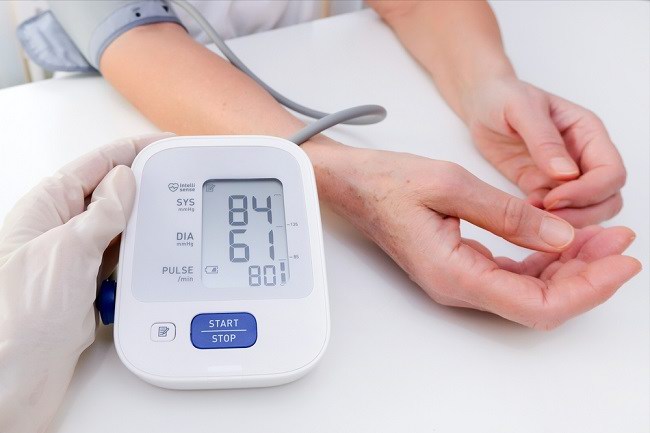Hypoglycemia is a condition when blood sugar levels are below normal. Apart from being frequently experienced by diabetes sufferers, several other diseases and certain medications can also cause this condition.
Blood sugar or glucose is a source of energy for the body. Apart from being obtained from foods that contain carbohydrates, such as rice, bread, potatoes or milk, glucose is also produced naturally by the liver. If blood sugar levels are low, the body will lack energy for activities.

ypoglycemia occurs when blood sugar levels are below 70 mg/dL. However, depending on the patient’s condition, symptoms of hypoglycemia can appear at different blood sugar levels.
Hypoglycemia that is treated too late can result in decreased consciousness, seizures, and even permanent damage to the brain.
Causes of Hypoglycemia
Hypoglycemia occurs when blood sugar levels drop drastically. This condition is more often experienced by diabetes sufferers due to:Hypoglycemia occurs when blood sugar levels drop drastically. This condition is more often experienced by diabetes sufferers due to:
- Use of insulin or diabetes medication, especially the sulfonylurea group, in excess or irregular doses
- Poor eating patterns, such as eating too little or delaying eating
- Excessive physical activity or exercise, without eating enough
- Excessive consumption of alcoholic beverages
Although rare, hypoglycemia can also occur in people who do not suffer from diabetes. The causes include:
- Lack of hormones that regulate blood sugar balance
- Nutritional deficiencies, for example due to anorexia nervosa
- Excessive insulin production, for example due to a tumor in the pancreatic gland (insulinoma)
Symptoms of Hypoglycemia
Symptoms of low blood sugar or hypoglycemia can appear suddenly and vary in each patient. These symptoms or signs include:
- Get hungry easily
- Easy to get angry
- Difficulty concentrating
- Tingling
- Tired
- Dizzy
- Shaking or tremors, or sudden body shivering
- Pale
- heart pounding
When to see a doctor
For diabetes sufferers, it is recommended to consult a doctor regularly. This is to evaluate the treatment that has been undertaken and to detect possible complications due to diabetes early on.
For diabetics who experience complaints of hypoglycemia, immediately eat candy or drink syrup to increase blood sugar levels. If the complaint does not decrease, immediately go to the hospital emergency room.
If you are not a diabetic and experience symptoms of low blood sugar, immediately consult your doctor about your complaints.
Hypoglycemia Diagnosis
Diabetics are advised to have their own blood sugar measuring device. The goal is to be able to immediately check blood sugar levels independently if symptoms of low blood sugar appear.
Symptoms of hypoglycemia usually appear when blood sugar levels are below 70 mg/dL. However, symptoms can also appear even if blood sugar levels are more than 70 mg/dL. Therefore, it is important to recognize the symptoms of hypoglycemia well.
To diagnose hypoglycemia, the doctor will ask about the symptoms the patient is experiencing and take a blood sample to check blood sugar levels.
Doctors can also perform kidney, liver and adrenal gland function tests, to detect the cause of hypoglycemia and provide appropriate treatment.
If hypoglycemia is suspected to originate from a pancreatic tumor, the doctor will also recommend that the patient undergo a CT scan or MRI.


No Responses